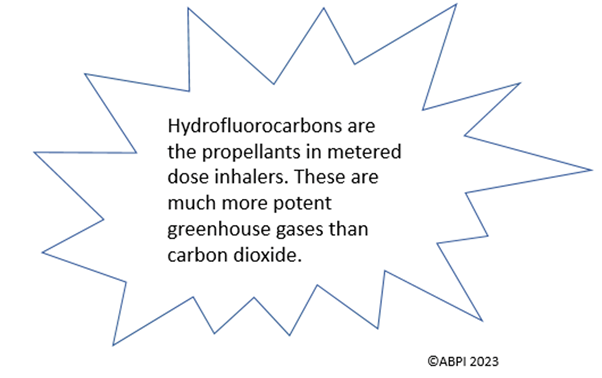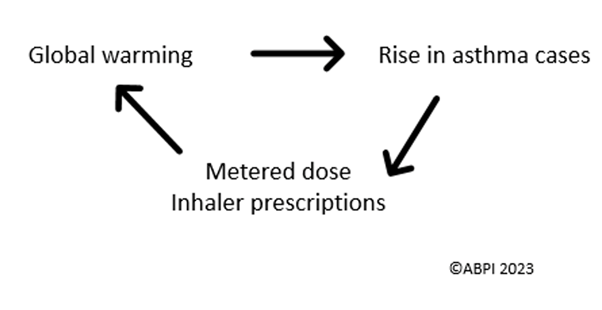This topic takes on average 60 minutes to read.
There are a number of interactive features in this resource:
 Biology
Biology
 Science
Science
 Human biology
Human biology
Asthma is becoming more common due to increased pollutants, and those with asthma are getting symptoms more often. In fact, the NHS state in their Net Zero Strategy that cutting emissions will help to reduce up to 1/3 of new asthma cases.
This is partly due to longer pollen seasons. Pollen is a common allergen released from plants which can trigger asthma attacks in asthmatic patients. As temperatures increase and the seasons shift, pollen is more prevalent which can worsen asthma.
Air pollution has also been found to be responsible for increased asthma cases. In 2017, doctors in Delhi estimated that particulate matter which is smaller than 2.5 micrometers (PM2.5) can have the same effect as smoking 50 cigarettes a day, and that it can lead to pneumonia, lung cancer and asthma. You can learn more about the impact of smoking on the breathing system, (and therefore PM2.5) in the smoking resource.
As asthma is on the rise, the prescription of inhalers has also risen. However, inhalers themselves contribute to global warming, as they contain a greenhouse gas propellant (these are known as metered-dose inhalers). The NHS estimates that inhalers are the largest emission source of all medicines, along with anesthetics, and that medicines account for 25% of their total carbon footprint.
However, asthmatic patients need to continue to use their inhalers to manage their symptoms.
For this reason, pharmaceutical companies who make the inhalers are working towards developing alternatives designed to help reduce the total emissions of the NHS. For example, GSK estimates that their metered-dose inhalers account for 40% of their carbon footprint, so they are working towards finding a lower impact propellant which would reduce emissions by 90% (ABPI, 2023).


There are also dry powder inhalers, which contain no propellant at all. Instead, patients can suck the medicine into their lungs and it is still delivered just as effectively.
Another example is the pharmaceutical company Orion, which also make propellant free powdered inhalers - these specific inhalers have a carbon footprint 10-37 times lower than metered dose inhalers (ABPI, 2023).
The National Institute for Health and Care Excellence (NICE) has an Asthma Patient Decision Aid which allows patients to make more informed choices about which inhaler they are prescribed, in relation to how much it will contribute to climate change. This helps to inform patients of the impacts of metered dose inhalers and offer alternatives, allowing patients to make their own choice (NICE, 2021).